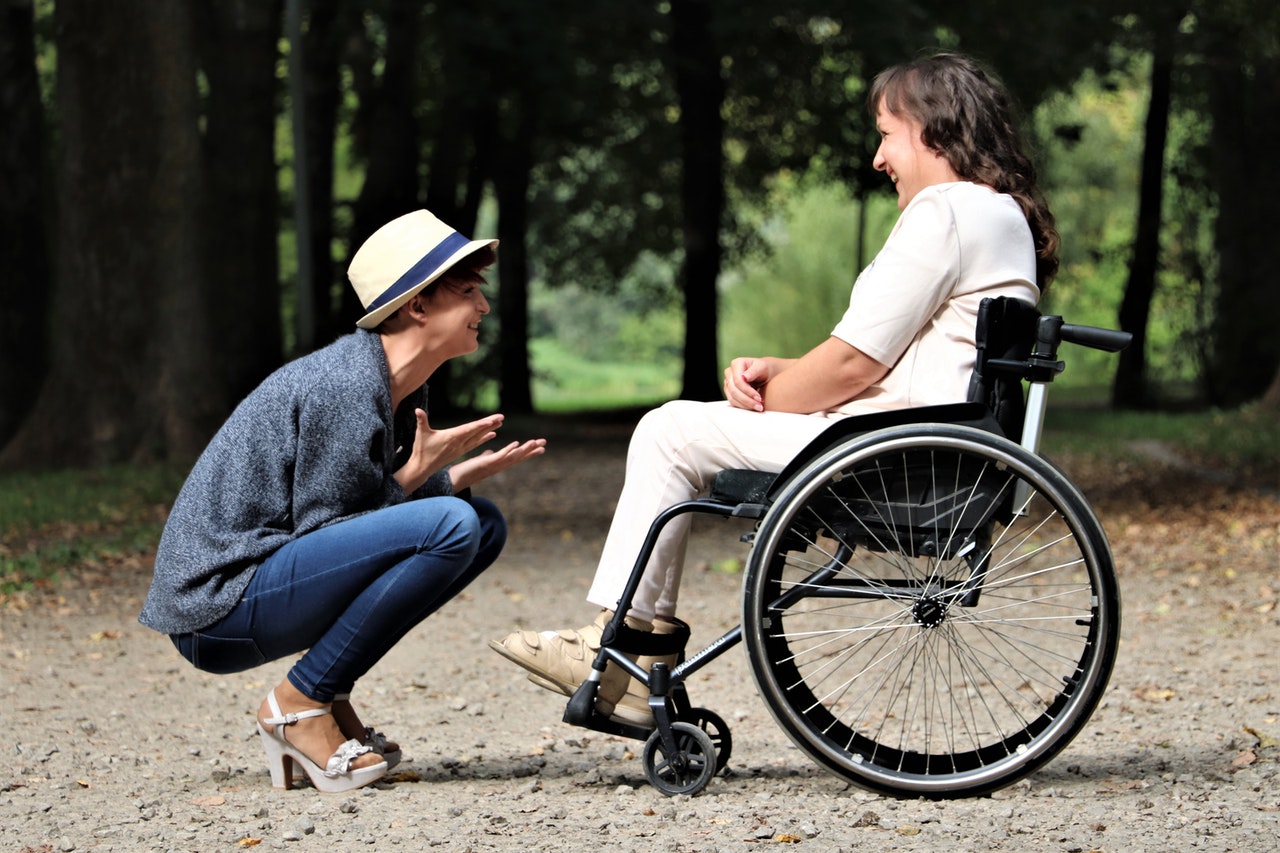5 Tips for Taking Care of a Disabled Family Member

In most cases, family members are those who provide the care and assistance that the elderly and people with disabilities or illnesses might need. However, combining personal and everyday needs with caring for a disabled family member (both children and adults) could be challenging as you will have to cope with many responsibilities.
But right support, information, advocacy, proper care, and balance are the basics for a healthy family regardless of the numerous challenges.
Like many family caregivers, especially new ones, you probably didn’t anticipate this situation. However, one doesn’t have to be a medical care expert to become an excellent caregiver who can provide their loved one with appropriate care without sacrificing themselves.
Here are some tips that will provide you with adequate caregiving help for your disabled family member.
1. Accept the situation
It is crucial to make yourself aware of, acknowledge, and accept what you feel. Caregiving can cause many difficult emotions: fear, anxiety, guilt, worry, doubts, anger, resentment, grief, etc. Don’t blame yourself if you experience some of those feelings. It doesn’t mean that you don’t love your family member.
If you already understand your feelings, it can be upsetting as well. Therefore, search for at least one trustworthy person who will carefully listen to you without judgment.
2. Be well informed
Getting relevant information will allow you to understand the condition of your beloved disabled family member. Gathering the correct information and discussing problems with other family members or professionals can improve your understanding of any challenge you might cope with. That is also useful when making the right health decisions about your disabled family member.
In addition, make sure to notice how others treat the ill or the person with special needs in their family. Also, be aware of signs of physical or mental abuse.
3. Be a protector
You should also be a good advocate for your family member with special needs if you want to be an effective protector who provides better care.
For instance, if your family member uses a wheelchair, search for beaches equipped with ramps, portable walkways, and other relevant equipment. Also, make sure that the beach is easily accessible via car.
Inform other caregivers of every exceptional circumstance or condition that is important for properly taking care of your disabled family member. For example, if they have a latex allergy, make sure to tell your medical or dental staff about that.
Besides, be familiar with the Australian Disability Discrimination Act 1992 and other state provisions.
4. Search for support
Determine what your family and friends can do to help you face various issues. Do not hesitate because they often want to be helpful.
In addition, you can also join a local or online support group full of people who experience similar problems. Besides, support groups also help you overcome the fear and isolation that you face every day.
There are national and local services, such as NDIS respite care, that provide recreation and other activities for people with disabilities.
5. Be connected with your disabled loved one
When you handle it in the right way, caring for someone can bring you a lot of satisfaction.
Therefore, stay relaxed and calm and communicate every day with the person you’re looking after. In that way, you can release stress-reducing hormones, boost your mood, and cause biological changes in your body to improve your overall health. At the same time, your disabled loved one will experience the same effects.
In addition, if the person you are caring for can’t verbally communicate, it is essential to take time each day to focus on them. Make sure to avoid distractions, such as cell phones, computers, or TV. Instead, make eye contact, hold their hand, or caress their cheeks and head. The tone of your voice should be reassuring and calm.
If you behave this way, you will experience everything that supports emotional and physical well-being for both of you.
It would be best if you also took care of yourself. That means taking a break during the day, staying healthy for yourself, and maintaining your interests and relationships. None of these will make you a worse caregiver.

